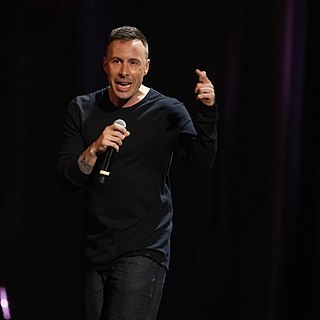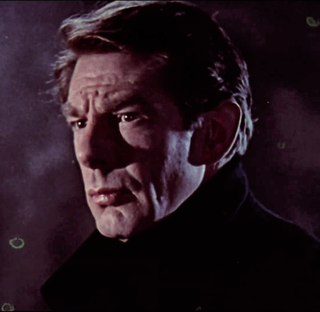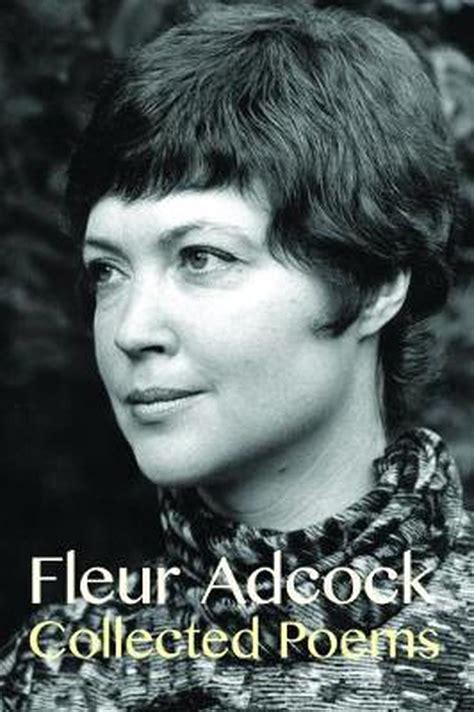A Quote by Anais Nin
I don't hear your words: your voice reverberates against my body like another kind of caress, another kind of penetration. I have no power over your voice. It comes straight from you into me. I could stuff my ears and it would find its way into my blood and make it rise.
Related Quotes
Something like Deckard Cain is great; it doesn't ruin your voice. But games that involve violence or battle or mutating and stuff like that really does take a toll on your voice. And I've even had to start to go to a voice guru kind of guy to do exercises to try to save and get back some of what I lost.
We write to expose the unexposed. Most human beings are dedicated to keeping that one door shut. But the writer's job is to see what's behind it, to see the bleak unspeakable stuff, and to turn the unspeakable into words - not just into any words but if we can, into rhythm and blues. You can't do this without discovering your own true voice, and you can't find your true voice and peer behind the door and report honestly and clearly to us if your parents are reading over your shoulder.
We're always being told 'find your voice.' When I was younger, I never really knew what this meant. I used to worry a lot about voice, wondering if I had my own. But now I realize that the only way to find your voice is to use it. It's hardwired, built into you. Talk about the things you love. Your voice will follow.
I came in at half past eleven. Since then I have been sitting in an easy chair like a fool. I could do nothing. I hear nothing but your voice. I am like a fool hearing you call me 'Dear.' I offended two men today by leaving them coolly. I wanted to hear your voice, not theirs. When I am with you I leave aside my contemptuous, suspicious nature. I wish I felt your head on my shoulder.
But I liked you from the moment I first heard your voice,” he said, “when I had no idea what you looked like. I thought it delicious, the way you bargained for me, as though I were an old rug. Then I loved the way you looked at me. Then I loved the way you ordered me about. I loved your patient and impatient ways of explaining things to me. I love the sound of your voice and the way you move. I love your courage and your kindness and your generosity and your obstinacy and your passion.” He paused. “You’re the genius. What do you think that means?
You have to listen to your own voice. Not your heart, not your instincts, not any of that self-permissive psycho-babble stuff. No, none of that. If it was just about instincts and bright ideas it wouldn't need to be a voice. It's about words. You hear them, read them, then you write. But mostly read. Read the bloody poems.
My commodity as a writer, whatever I'm writing about, is me. And your commodity is you. Don't alter your voice to fit the subject. Develop one voice that readers will recognize when they hear it on the page, a voice that's enjoyable not only in its musical line but in its avoidance of sounds that would cheapen its tone: breeziness and condescension and clichés.







































